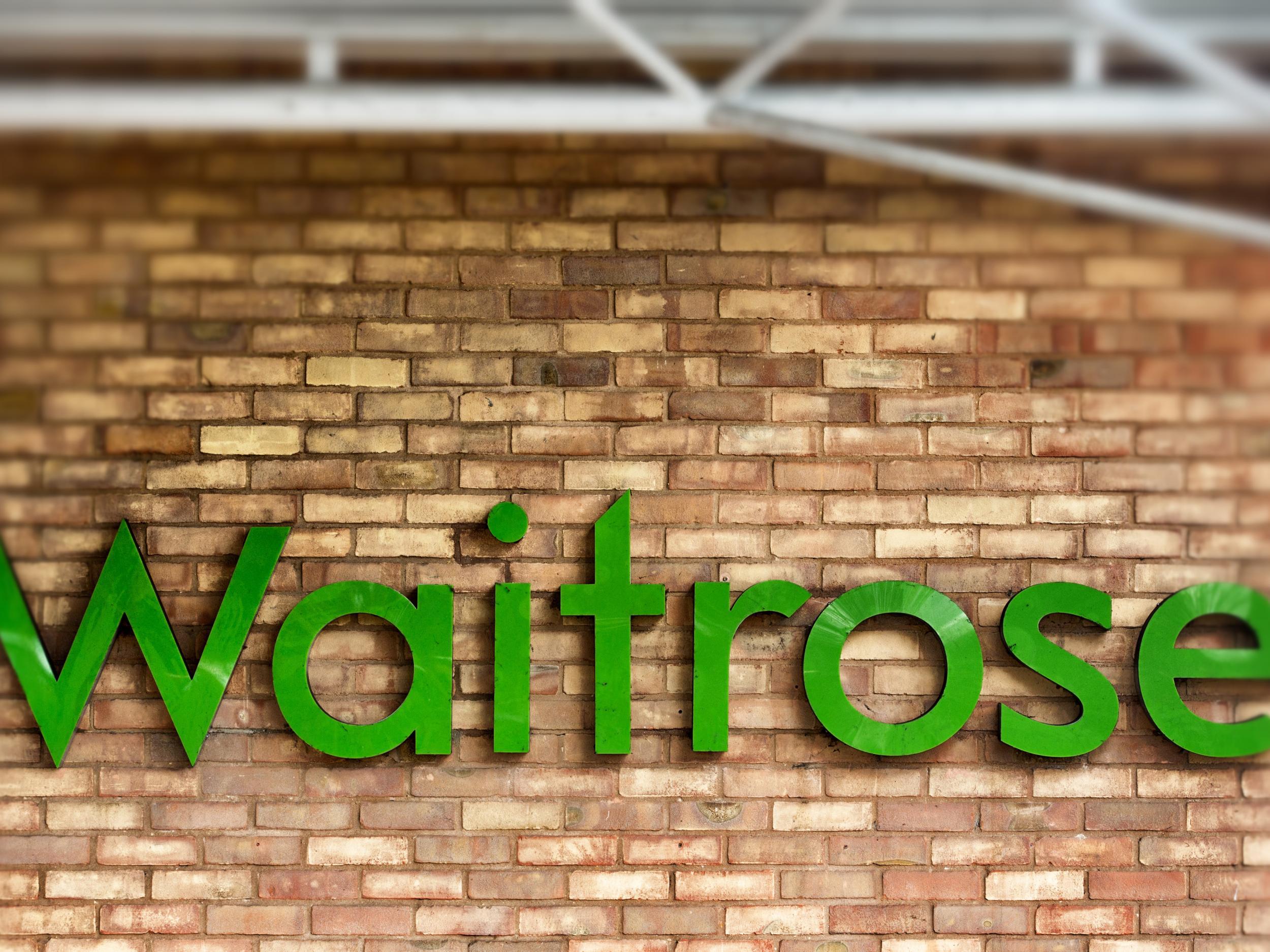Renters in area where a Waitrose has opened 'up to 50% more likely to be evicted'
By 2015, twice as many people were being evicted in areas where the upmarket supermarket chain had opened

Private renters are up to 50 per cent more likely to be evicted from their homes in areas where a Waitrose store has recently opened, new research has found.
The Oxford University study found that, by the end of the ten-year period it looked at, the trend had accelerated and twice as many tenants were being evicted in areas with a nearby Waitrose.
The upmarket supermarket tends to open stores in areas that are gentrifying – generally the same places where house prices are rising rapidly. As a result, many landlords kick out their existing tenants in order to sell or re-let their properties at higher rents.
The finding highlights how gentrification, while attracting new business and investment, forces out many residents already living in the area.
Commissioned by campaign group Generation Rent, the study found that, in some areas, the opening of a new Waitrose store was linked to a 50 per cent rise in evictions. Other areas had a weaker “Waitrose Effect” but still saw a 25 per cent rise in evictions that were not the fault of the tenant.
The well-known “Waitrose Effect” describes how new openings of the supermarket store are mostly in areas where house prices are rising, benefiting existing owners but pricing out hopeful buyers. The new stores then attract further investment and wealthier buyers, pushing prices even higher.
The Oxford study is the first time the phenomenon has also been linked to an increase in the number of evictions.
Together, it shows how gentrification inflicts a double blow on many renters: raising the likelihood they will be kicked out their property while also reducing their chance of being able to afford a home of their own.
The study looked at evictions in England between 2005 and 2015 and matched them with the opening of new Waitrose stores – the number of which more than doubled from 70 stores nationwide in 2005 to 162 in 2015.
It found that there were significantly more evictions in the 92 local council areas where a Waitrose branch had opened.
For example, house prices in the London borough of Lambeth rose by 17 per cent between 2009 and 2010 alone and, the next year, evictions trebled. Waitrose opened a store in the area in 2013.
David Adler of the University of Oxford, who completed the research, said: “The Other Waitrose Effect illustrates the hidden costs of gentrification. On the one hand, local homeowners both enjoy new local amenities like Waitrose and the increase in house prices they bring with them. On the other, private renters face increasing insecurity in their homes and the possibility of being priced out of their neighbourhoods.
“When house prices rise, landlords feel more confident about their investment and more willing either to take a risk by replacing their tenants, or to realise the value of their asset through sale. The arrival of a Waitrose is one of the most visible signs of gentrification, which reinforces this confidence and sustains both higher prices and higher evictions.”

Dan Wilson Craw, Director of Generation Rent, said:
“Renters already fear they won’t be able to settle down in their local area thanks to rising house prices. The last thing they need is the threat of losing their own home. New businesses providing job opportunities and a greater choice for shoppers in a local area should be welcomed, but because evicting tenants is so easy, too many people are losing out.
“Waitrose would agree that a strong community relies on local people investing their time in it, but they can only do that if they have the confidence they’ll still be around in a year’s time. Proper protection from eviction will do that.”
Under UK law, landlords are allowed to evict tenants without needing to give a reason and with only a two-month notice period.
Private renters at the end of their tenancy are now the most likely group to be declared homeless, as many struggle to keep up with rents that have risen by 22 per cent since 2010.
Join our commenting forum
Join thought-provoking conversations, follow other Independent readers and see their replies
Comments
Bookmark popover
Removed from bookmarks